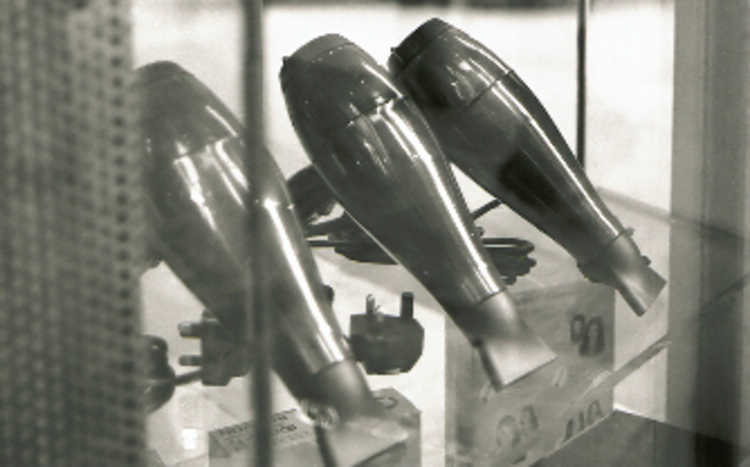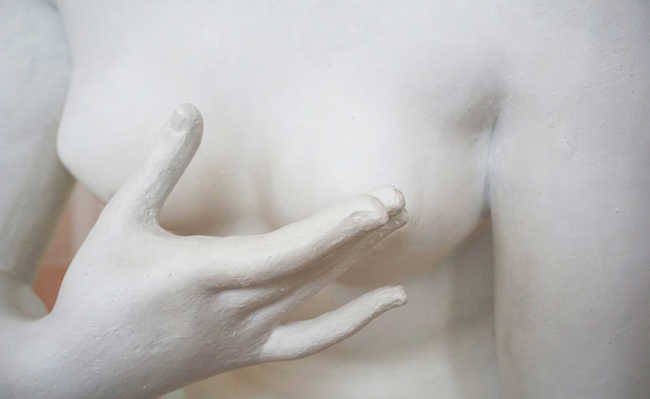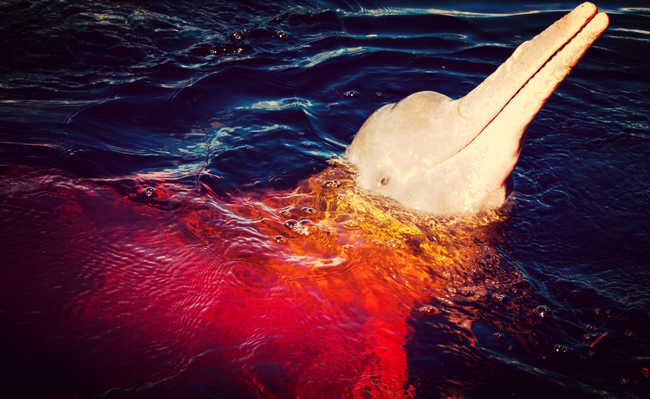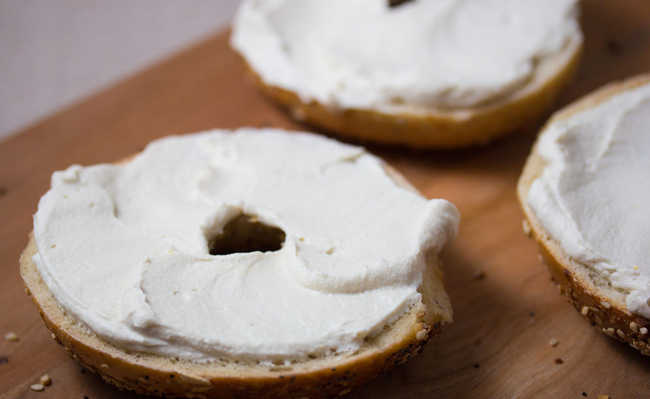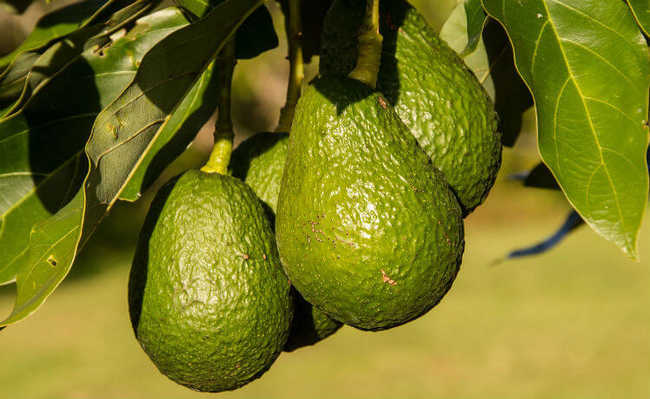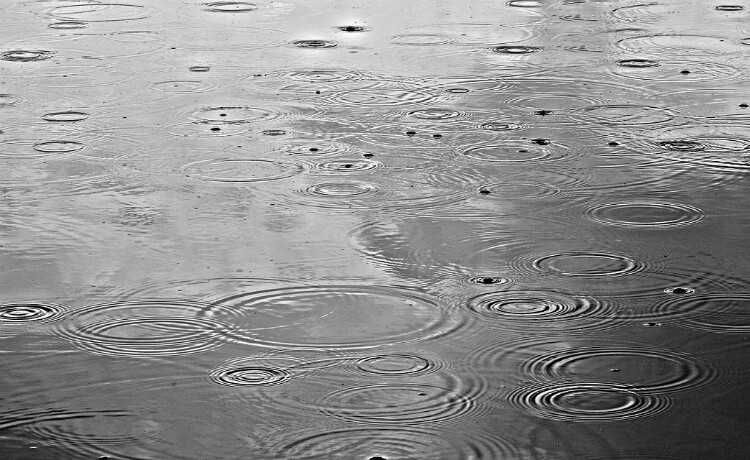What is Cinnamon Essential Oil for
Cinnamon essential oil has aromatherapy, cosmetic, antiseptic and medicinal properties

Edited and resized image by Kelly Sikkema is available on Unsplash
Cinnamon essential oil has a sweet and spicy aroma, being appreciated in cosmetics for its fragrance and in aromatherapy for its benefits. Cinnamon, in many forms, has properties that fight infections, help control blood sugar and other conditions.
- Cinnamon: benefits and how to make cinnamon tea
According to studies, cinnamon essential oil has properties:
- Bactericides
- Fungicides
- anti-diabetics
- Antioxidants
- Antioxidants: what are they and in what foods to find them
Types of Cinnamon Essential Oil
Cinnamon essential oil is derived from the bark or leaves of various types of trees, including species Cinnamonum verum and Cinnamomum cassia.
Most commercially available cinnamon essential oils are derived from the cassia cinnamon tree. The cinnamon from the Cinnamonum verum it is called ceylon cinnamon. This variety is more expensive and also called "true cinnamon".
Both types are composed of phytochemicals, such as cinnamaldehyde and eugenol, which make cinnamon beneficial for health.
What is Cinnamon Essential Oil for
improves mood
Cinnamon essential oil's properties make it a home remedy to treat many conditions. In aromatherapy, essential oils are used in diffusers so they can be inhaled or absorbed through the skin.
The use of cinnamon essential oil in aromatherapy has not been extensively studied, but many people enjoy the scent of cinnamon and find it relaxing.
antibacterial properties
Studies suggest that cinnamon essential oil:
- Fights hard-to-treat bacterial organisms. One study, which used bacterial cultures and laboratory tests, found that compounds in cinnamon essential oil fight the bacteria. Pseudomonas aeruginosa, a potentially fatal and drug-resistant bacterium that affects plants, people and animals;
- It is good for oral health. With study, cinnamon fights bacteria that cause oral infections and cavities, such as Streptococcus mutans and Candida ssp;
- Disinfects . Cinnamon essential oil's antibacterial properties make it a safe, effective, non-synthetic alternative that can be used as a natural preservative. One study found that cinnamon essential oil can be effectively used as a preservative in cosmetics, personal care products and hospital disinfectants.
hair growth
There is no scientific evidence linking the use of cinnamon to human hair growth. However, one study has shown that it does increase hair thickness and growth somewhat in rats.
Some traditional uses indicate that a mask made of cinnamon and oil can be effective in promoting hair growth and thickening.
- How to make hair grow fast and naturally
Aromatherapy and cosmetics
Cinnamon essential oil is present as an ingredient in sugar-free chewing gum, candy, tea and industrially prepared roasts.
- What are fresh, processed and ultra-processed foods
- Homemade Toothpaste: Here's How to Make Natural Toothpaste
- Homemade and natural mouthwash
It is also used as an ingredient in personal care products such as toothpaste, mouthwash, soap, body lotion and in home care products such as sprays of room and scented candles.
How To Use Cinnamon Essential Oil
According to a survey conducted by Tisserand InstituteMany cinnamon essential oil manufacturers recommend avoiding topical use.
A general recommendation is to keep the concentration of cinnamon essential oil low if it comes into contact with the skin. There is an indication for topical use that recommends the concentration of cinnamon essential oil should be 0.01% or less (equivalent to one drop of cinnamon essential oil) for 30 to 40 ml of carrier oil (two tablespoons), such as coconut oil, grape seed oil, sunflower oil, sesame oil, among other vegetable oils.
natural flavor
To perfume your home, try adding a drop of cinnamon essential oil to fabric bags or dried flowers. You can also add a few drops to a diffuser with water.
Perfume of body oils and moisturizers
Cinnamon essential oil can be mixed with a carrier oil and used for massage. Mix one drop of cinnamon essential oil with two to three cups of carrier oil, such as almond oil, and use to massage or moisturize the skin.
- Discover 12 types of massage and their benefits f
use cinnamon stick

Edited and resized image by Heather Barnes is available on Unsplash
Cinnamon sticks contain cinnamon essential oil and can also be used in aromatherapy. Just boil one or two cinnamon sticks and let the aroma take over.
- Six Ways to Turbocharge Coffee
You can also use cinnamon sticks in beverages like coffee, tea, and other hot and cold beverages.
Cinnamon Essential Oil Side Effects
Liver
Cinnamon derived from Cassia Cinnamomum contains coumarin, a chemical that can damage the liver and kidneys and can worsen liver conditions if overused.
Follow the directions on the package when using cinnamon essential oil and seek medical advice if you have liver disease.
Diabetes
If you have diabetes, seek medical advice before using cinnamon essential oil, as aromatherapy can interfere with other medications you are using to control your blood sugar.
Cinnamon essential oil can have adverse reactions such as rash and burning. That is why it is very important to dilute it in carrier oil before use.
Never rub or massage cinnamon essential oil directly onto the skin unless it is diluted with a carrier oil.
- Diabetes: what it is, types and symptoms
Cinnamon oil does not mix with water. Do not pour undiluted oil directly into bath water as it can stick and burn or irritate your skin.
You should also not drink cinnamon essential oil as it can burn mucous membranes and the lining of the esophagus. Avoid rubbing it on gums and eye contact.



